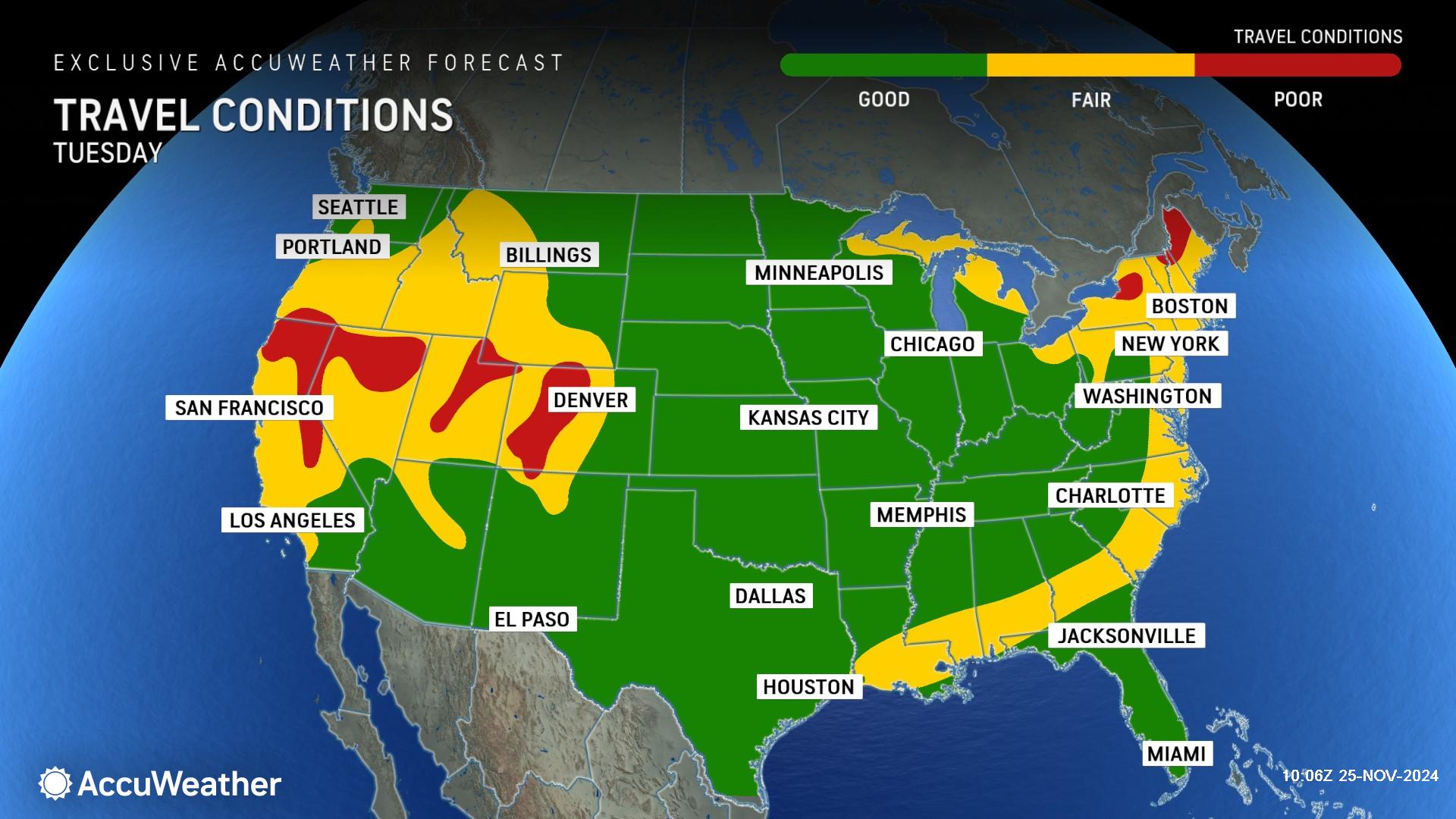New York City is facing a perfect storm of rising hotel prices, a crippling shortage of accommodations and regulatory changes that have left travelers with sticker shock when booking their trips to the Big Apple.
While NYC has always been a costly destination, the recent spike is surprising even by the city's standards. The average hotel room price in the New York reached a staggering $417 per night in September—a 36.7 percent jump from the average $305 in 2023—according to CoStar, a real estate analytics company. This marks the highest average recorded since the firm began tracking in 1987.
Experts cite several factors driving the lodging crunch: the city's use of hotels as migrant shelters, the crackdown on short-term rental platforms like Airbnb and a surge in travel demand returning to pre-pandemic levels.
One of Every Five Hotels Is Now a Shelter
The Roosevelt Hotel, once a bustling landmark sandwiched between Times Square and Grand Central Terminal in Midtown Manhattan, now serves as temporary housing for asylum seekers. This reflects a broader trend in New York City, where approximately 135 hotels—20 percent of the city's total inventory—have been repurposed as shelters.
New York has long provided shelter to more unhoused people than any other U.S. city, partly due to a 1981 court ruling requiring the city to provide shelter to anyone who requests it. According to the city's inspector general, the nightly population in city-funded shelters ranged from 45,000 to 55,000 between 2020 and mid-2022. That number has since grown to over 87,000, largely due to the influx of migrants arriving over the past two years.

The financial impact on NYC has been significant. Spending on homeless shelters rose from $2.7 billion in 2022 to $4 billion in fiscal year 2024. Under the migrant housing program, the city pays hotels up to $185 per room per night, with costs projected to reach $10 billion over three fiscal years.
This program has removed 16,500 rooms from the city's lodging market. While these multimillion-dollar contracts have provided a financial lifeline to the hotel industry, which struggled after the pandemic, they have further tightened the already limited supply of accommodations for travelers.
Airbnb Crackdown Shrinks Choices
Adding to the strain, Local Law 18 (LL18), enacted in September 2023, introduced strict regulations on short-term rentals. The law requires Airbnb hosts to register with the city, stay on-site during rentals and limit bookings to two guests. As a result, Airbnb listings have plummeted nearly 80 percent, from 22,246 to just 2,276.
The crackdown was aimed to address the city's housing crisis by freeing up long-term rental units, but critics argue it has failed to tackle the root issues. Manhattan's rental vacancy rate remains under 5 percent, while the borough's average monthly rent topped $5,000 over the summer.
"New York City's short-term rental regulations have backfired," Theo Yedinsky, Airbnb's vice president of public policy, wrote in a blog post. "They've driven up travel costs, hurt local communities, and done nothing to solve the housing crisis."
Brooklyn and Queens, once vibrant hubs for short-term rentals, have also felt the pinch. Neighborhoods like Williamsburg and Astoria, which attracted visitors with unique and affordable stays, have seen a drop in tourism due to the loss of Airbnb listings.
Local businesses are bearing the brunt of these changes. "Airbnb provided a steady stream of visitors who spent money in local shops and restaurants," wrote Randy Peers, president of the Brooklyn Chamber of Commerce, in an op-ed for the Brooklyn Paper. "Without that, some small businesses are really struggling."

The combined impact of reduced hotel inventory and strict Airbnb regulations has created a severe lodging crunch. With occupancy rates climbing to 81.7 percent in 2024—nearing pre-pandemic levels—the reduced supply has driven prices even higher, with once-budget-friendly hotels in neighborhoods like Chinatown now charging luxury rates.
The shortage of available rooms has left visitors scrambling for alternatives. Many are turning to informal channels for short-term stays, including Facebook groups, Craigslist ads, Instagram listings and word-of-mouth recommendations. These options are becoming increasingly popular for accommodations within the five boroughs and nearby areas like Jersey City and Newark.
Despite the crunch, the tourists keep coming. NYC's tourism agency estimates some 65 million people will visit the city this year, nearly the 66.6 million who visited in 2019, before the pandemic. Next year the city is estimated to welcome a record 68 million visitors, most of whom will be fighting for the same dwindling supply of accommodations.



















 English (US) ·
English (US) ·